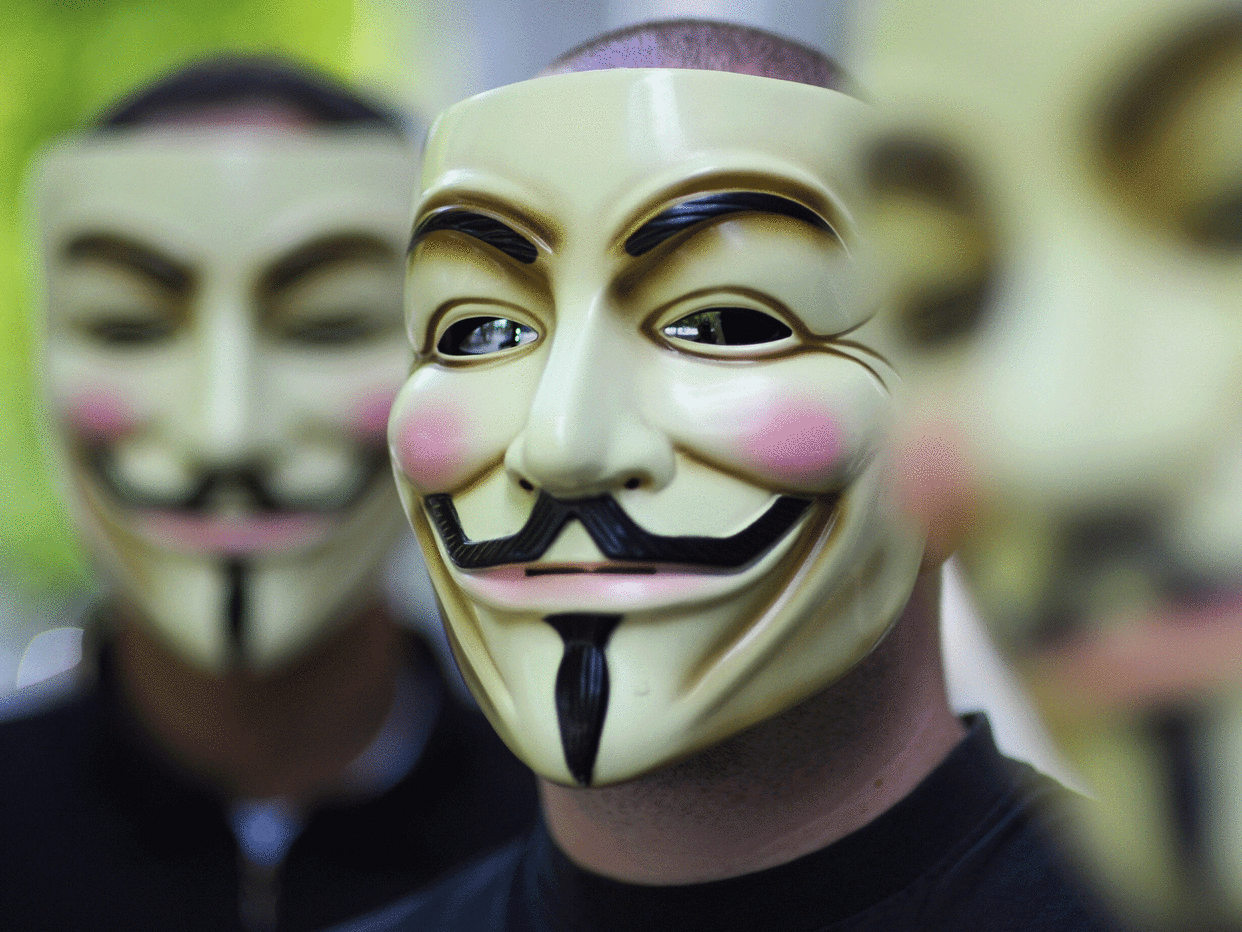Anonymous claims hack on Russia’s Central Bank and will ‘release secret agreements in 48 hours’

Hacking group Anonymous has claimed an attack on Russia’s Central Bank.
In a post on Twitter, an account representing the group said that it would release 35,000 files in 48 hours that apparently contains “secret agreements”.
The account has not yet given proof that it had successfully undertaken the hack, or that it had access to the promised documents.
The Russian Central Bank did not respond to a request for comment from The Independent before time of publication.
The hacking group has attacked numerous other Russian organisations as part of a solidarity campaign in support of Ukraine following the invasion of the country on 24 February.
JUST IN: The #Anonymous collective has hacked the Central Bank of Russia. More than 35.000 files will be released within 48 hours with secret agreements. #OpRussia pic.twitter.com/lop140ytcp
— Anonymous TV 🇺🇦 (@YourAnonTV) March 23, 2022
Other targets, including a Russian nuclear energy company, television stations, websites, and even printers.
Anonymous has also claimed to have intercepted Russian military radio to make it broadcast the troll face meme.
Activists are broadcasting troll faces on Russian military radio pic.twitter.com/lovN3WNVa2
— Anonymous (@YourAnonNews) March 6, 2022
The hacking collective has so far claimed responsibility for 2,500 attacks on “Russian & Belarusian gov’t, state media outlets, banks, hospitals, airports [and] companies.”
Representatives told The Independent that these tactics – alongside trolling, enlisting targets’ phone numbers to escort sites, and taking over data centres – are common tactics, but that “your guess is as good as ours” for what might happen next.
As well as Russian firms, the group has levied a campaign against international businesses who have not yet pulled out their operations in Russia.
It recently claimed an attack against Nestle, after the company said that it has suspended all capital investment in Russia but would continue operating in the country to sell “essential” products.
At the start of this month the rouble had crashed as much as 30 per cent, with inflation rising to 20 per cent.
“If anyone was under any illusions that sanctions were going to be largely toothless, those have clearly now been dispelled,” Dan Arenson, analyst at political risk consultancy GPW, told The Independent. “This is going to have a severe impact on ordinary Russians.”

